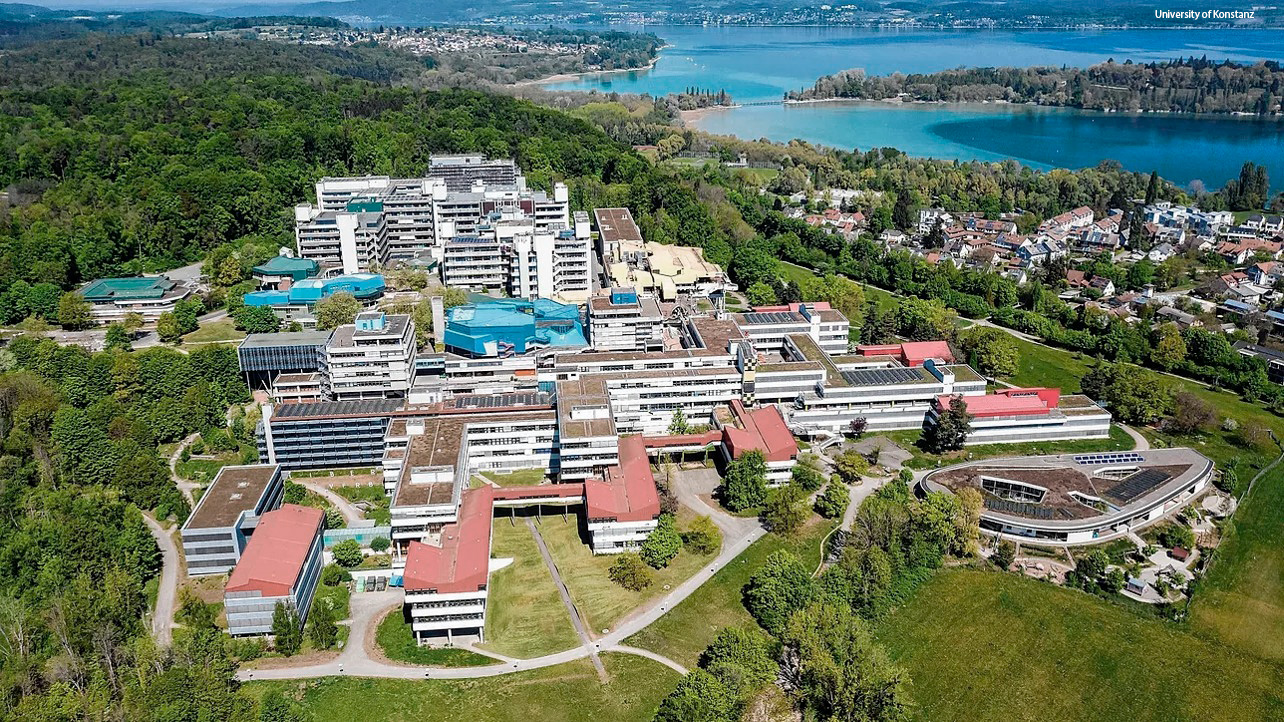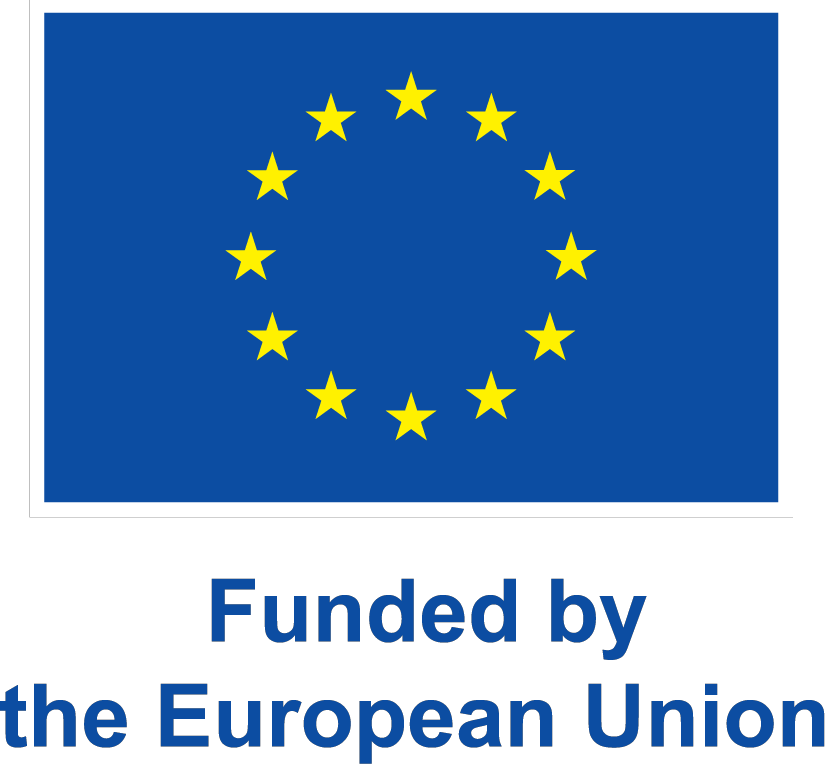Summer School
WildDrone Summer School
22 - 26 September, 2025 - University of Konstanz, Germany
The aim of the WildDrone summer school is to bring together multiple disciplinary approaches to wildlife conservation practice. We want to equip young scientists with a unique combination of multidisciplinary skills for drone-based ecology and wildlife conservation. The WildDrone summer school is a one-week intensive training course focusing on questions in conservation ecology while incorporating novel research in drones and computer vision technologies. This course will be a forum for presentation and discussion of theoretical and practical issues of drones for conservation fieldwork applications.
About the programme

The programme will feature a mix of presentations and tutorials by leading researchers to expand your knowledge and to take the opportunity to form networks with academics and students from different fields. The WildDrone Doctoral Candidates will be presenting the latest results of the WildDrone project throughout the week in interactive poster sessions that are open for all attendees interested in presenting their work.
The summer school is organized by the Max Planck Institute of Animal Behavior (MPI-AB) and the WildDrone project, and will take place at the University of Konstanz.
Confirmed speakers
Aamir Ahmad, Dr., Max Planck Institute for Intelligent Systems and University of Stuttgart
Aamir Ahmad’s research interests include robotics and AI for ecology and biodiversity conservation, aerial robotics, multi-robot systems, deep reinforcement learning, formation control, aerial vision, localization, target tracking and simultaneous localization and mapping (SLAM).
Title: Automatic Animal Behavior Inference: How to Rapidly Annotate Behavior on Long Drone Videos?
Adwait Deshpande, Postdoc, Max Planck Institute of Animal Behavior (MPIAB)
Adwait Deshpande is a behavioural biologist, currently working on social and collective behaviours in wild Indian wolves using Drones and computer vision.
Title: Collective behaviours in wild Indian wolves
Alejandro Jarabo Peñas, PhD Student (joint work with Prof. Anders Christensen), SDU Drone Center, NAMUR
Alejandro Jarabo Peñas gives a hands-on tutorial on integrating LLMs in robotics and drones.
Title: Integrating LLMs in robotics and drones
Andrea Flack, Dr., Max Planck Institute of Animal Behavior (MPIAB)
Andrea Flack is research group leader at the MPIAB. We explore the elements that shape migratory decisions by exploring decision-making processes, their underlying behavioral mechanisms, and their long-term ecological and evolutionary implications using various experimental and observational approaches.
Title will be announced shortly.
Angela Albi, Dr., Max Planck Institute of Animal Behavior (MPIAB) and Centre for the Advanced Study of Collective Behaviour, University of Konstanz
Angela Albi studies predator-prey dynamics between blacktip reef sharks and fish schools using drones, and works on AI tools for studying animal behavior and monitoring wildlife.
Title: Animal Tracking with Trex (preliminary title)
Blair Costelloe, Dr., Max Planck Institute of Animal Behavior (MPIAB)
Blair Costello is a behavioral ecologist at MPIAB who is using drones and image-based methods to explore the collective and antipredator behavior of African ungulate species.
Title: Scaling Up Behavioral Ecology
Caroline Schuppli, Dr., Max Planck Institute of Animal Behavior (MPIAB)
Title: On the Interface between Conservation and Animal Culture (preliminary title)
Daniel Rubenstein, Professor of Zoology Emeritus, Department of Ecology & Evolutionary Biology, Princeton
Title: How Machine Learning is Changing the Way Behavior can be Studied
Hemal Naik, Postdoc, Center of the Advanced Studies of Collective Behaviour, University of Konstanz and Max Planck Institute of Animal Behavior (MPIAB)
Hemal Naik study behaviors ranging from social learning to mate-choice in wild animal groups using computer vision & AI with terrestrial and aerial cameras.
Title: Understanding the ecosystem of datasets in AI/Computer vision (preliminary title)
Isla Duporge, Dr., Princeton University, Department of Ecology & Evolutionary Biology
Isla is a computational ethologist who uses drones and satellites to study animal movement with high precision. She developed a novel method to minimize wildlife disturbance by aligning species hearing sensitivity with drone noise profiles, enabling UAVs to be used more ethically and effectively in behavioral research.
Title: Minimising acoustic drone disturbance to wildlife using species audiograms
Maevatiana Ratsimbazafindranahaka, Dr., Max Planck Institute of Animal Behavior (MPIAB) and Cétamada NGo
Maevatiana Ratsimbazafindranahaka is a bioacoustician and conservation biologist, studying animal behavior and communication in both terrestrial and marine mammals. Also committed to the development of monitoring methods and to knowledge dissemination and public engagement in science.
Title: Whale conservation: drone-based monitoring, its promise, and barriers to global adoption
Naomi Millner, Associate professor, School of Geographical Sciences, University of Bristol
Title: Navigating the social and political implications of using drones in conservation
Salua Hamaza, Professor, TU Delft
Salua Hamaza focuses on mechanical design and control of drones physically interacting with objects and the environment. The applications she tackles are in nature conservation and space exploration. Example robots include perching and morphing drones.
Title: Drones for Nature Conservation – New Paradigms to Extend Environmental Monitoring Missions
Sam Penny, Dr., Bristol Zoological Society
Sam Penny is a wildlife ecologist with a focus on applied conservation techniques in tropical environments.
Title: Deterring human wildlife conflict
Stefano Mintchev, Assistant professor, Environmental Robotics Lab, ETH Zürich
Stefano Mintchev leads the Environmental Robotics Lab, where his research group operates at the intersection of robotics and environmental science, developing robust and scalable bioinspired drones to monitor and protect natural ecosystems.
Title: Aerial Robots for Biodiversity Surveys in the Amazon: Lessons Learned and Future Opportunities from the XPRIZE Rainforest Competition
Tanya Berger-Wolf, Professor, The Ohio State University
Dr. Tanya Berger-Wolf is a Professor of Computer Science Engineering, Electrical and Computer Engineering, and Evolution, Ecology, and Organismal Biology at the Ohio State University, where she is also the Director of the Translational Data Analytics Institute. A pioneer in Artificial Intelligence (AI) for ecology, biodiversity, and conservation, she leads the NSF-funded Imageomics Institute and the US-Canada co-funded AI and Biodiversity Change (ABC) Global Center.
Dr. Berger-Wolf serves as a scientific advisor for many organizations, including the US National Academies Board on Life Sciences, US National Committee for the International Union of Biological Sciences (IUBS), the Global Partnership on AI (GPAI)/OECD, and The Nature Conservancy. She co-founded the AI for conservation non-profit Wild Me (now part of Conservation X Labs), creator of Wildbook, recognized by UNESCO for advancing the UN Sustainable Development Goals. Her contributions have earned numerous accolades, including recognition as the AI 100 Global Thought Leaders by H20.ai and most recently the OSU College of Engineering Lumley Interdisciplinary Research Award.
Title: AI for Nature: From science to Impact
Thomas Richardson, Professor, University of Bristol
Title: Flying Drones for Nature Conservation in the WildDrone Project (preliminary title)


Get in touch
Contact us on WildDrone@sdu.dk



WildDrone is an MSCA Doctoral Network funded by the European Union’s Horizon Europe research and innovation funding programme under the Marie Skłodowska-Curie grant agreement no. 101071224. Views and opinions expressed are those of the author(s) only and do not necessarily reflect those of the European Union or the European Commission. Neither the EU nor the EC can be held responsible for them.
